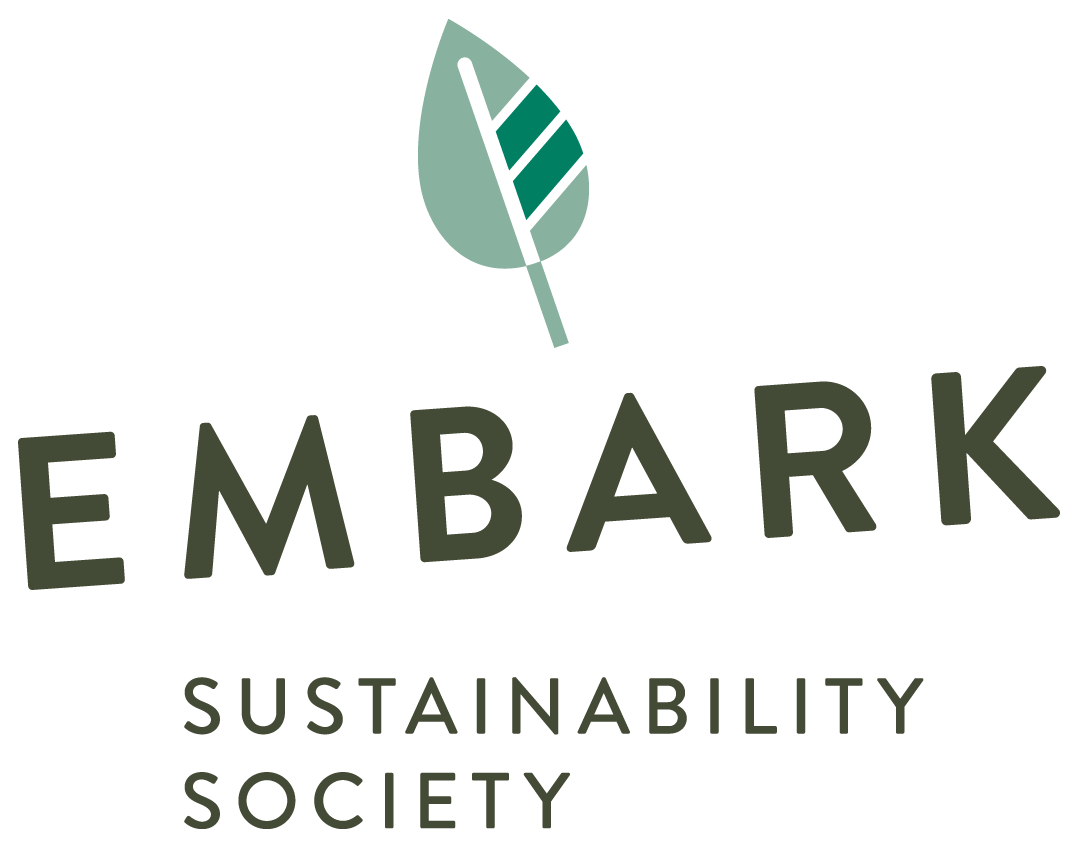SFU TankTalks

Photo by Kevin Marquis
The Burnaby Mountain Tank Farm expansion has been a topic of much contention lately, and it is imperative that we understand what is happening in our community. In order to do so, Embark Sustainability, SFU 350, Force of Nature, World Literature Student Union, SFU Faculty Association, SFU Graduate Student Society, SFPIRG, and BROKE came together to host TankTalks, a dialogue-based town hall. On April 3rd, sixty guests attended the event to discuss the implications of the tank farm expansion and to build momentum for the Tank Farm Rally organized by the Simon Fraser Student Society.
As most of us are now aware, SFU’s Burnaby campus is located near a tank farm, which is a large petrochemical storage facility. The federal government recently endorsed the Kinder Morgan tank farm expansion, which – as part of the Trans Mountain Pipeline Project – will add thirteen more tanks to the site, effectively tripling the size of the tank farm. To put that into perspective, the proposed expansion will enable the tank farm to hold 5.6 million barrels, which is the equivalent of four Exxon Valdez oil tankers. By increasing the volume of petrochemicals stored, this project will expose those at SFU to an excessive level of risk.
In the opening remarks of TankTalks, SFU undergraduate student Raaj Chatterjee and graduate student Kazlyn Bonnor shared their personal experiences passing the tank farm on their way to school, including how they felt when they heard about the expansion.

Photo by Kevin Marquis
SFU professor Angela Brooks-Wilson then educated us on the nature of dilbit and why it is hazardous. She first explained that tar sands are a combination of clay, sand, water, and bitumen. They are mined and processed to extract the oil-rich bitumen, which is then refined into oil. On its own, bitumen is not problematic. In fact, in its undiluted form, it can be safely transported by train. However, the liquid diluent, or natural gas condensate, that acts as a thinning agent is a flammable, poisonous, volatile, carcinogenic, mutagenic, and embryotoxic substance. In the pipeline, bitumen and diluent are mixed to form dilbit, also known as diluted bitumen, which is a flammable and poisonous “toxic smoothie”.
If a boil-over was ever to occur in one of the storage tanks, there would be a discharge of molten crude oil with a height of up to one kilometer above the ground and a range of up to 760 meters in any direction. Since a few of the new tanks would only be 150 meters from evacuation routes, transportation to and from Burnaby mountain would be severely impeded.
Grayson Barke, an SFU student, then elaborated on the risk of a boil-over and chemical exposure, citing a report released by SFU on November 28th, 2016, which claimed that the act of tripling the tank farm capacity would pose significant health and safety risks to the residents on Burnaby mountain, as well as commuters to SFU. He explained that there have been many conflicting reports about the safety of the expansion, as the National Energy Board of Canada, Kinder Morgan, and our Liberal and Conservative parties all agree that the project would be safe, despite Burnaby’s fire department and various scientists and engineers standing opposed.

Finally, Mark LaLonde, SFU’s Chief Safety Officer, informed us of campus safety procedures and the changes that are to come. He assured us that SFU shared our concerns regarding the tank farm expansion and that we can expect to have an updated safety plan by the start of this September.
Though this situation may seem bleak, the fact that community members feel empowered enough to speak out is a sign that our fight is not over. And judging by the success of the Tank Farm Rally, there will be much more to come.
